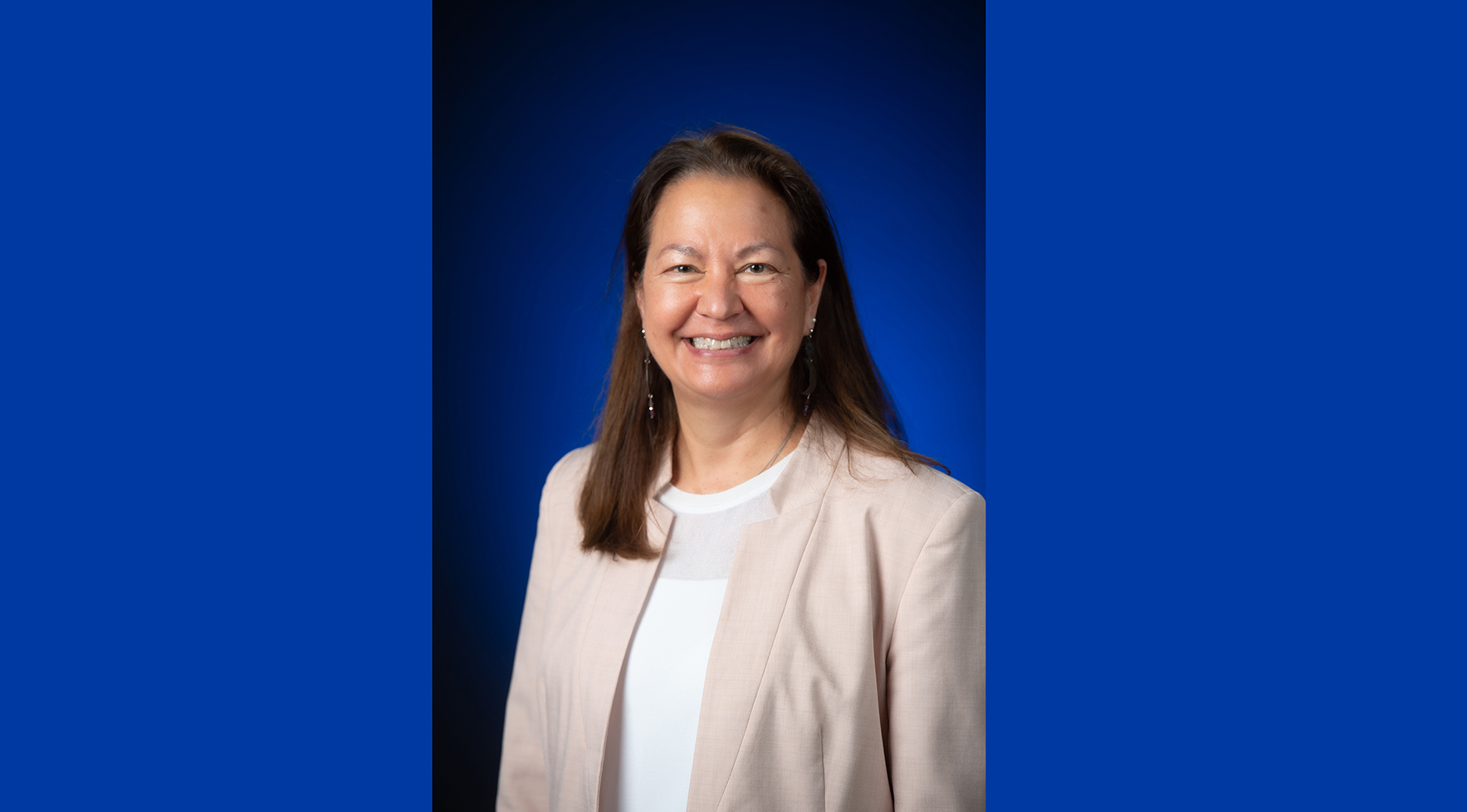
Michelle Hanlon. Photo by Kevin Bain/Ole Miss Digital Imaging Services
UM’s Michelle Hanlon leads discussion of heritage, ethics and pioneering laws in space
Michelle Hanlon, a University of Mississippi law professor, discussed the importance of cultural heritage preservation and ethical lawmaking in space during the Science Summit of the 78th United Nations General Assembly.
Hanlon, executive director of the Center for Air and Space Law, is speaking on four panels for the UN Science Summit, which runs Sept. 12–29. Among the topics she will weigh in on are cultural heritage in space, pioneering space law, and exploring the legalities of sustainable space exploration.
The co-founder and CEO of For All Moonkind, a nonprofit organization that advocates for the protection of historic lunar landing sites, hosted and led a panel on Friday (Sept. 15) examining “The Space Domain: Exploring Legal and Ethical Considerations to Support the UNGA Sustainable Development Goals.”
“When we’re talking about the relationship between ethics and law in space, we have a lot of sources in history and on Earth that we can draw from, but there are no parallels,” Hanlon said. “This is an incredible opportunity to think differently and do differently, and we have to embrace that.”
The Science Summit at UN General Assembly, held this year in New York City, includes more than 300 science sessions and more than 1,000 scientists from across the world. This year’s summit—the ninth edition of the series—focuses on creating border-crossing collaborations in the goal of sustainable science.
Though Hanlon has participated in and led many discussions at the UN Committee on the Peaceful Uses of Outer Space, this was her first time speaking at the Science Summit.
“The message I want to impart is space is a fact of life,” Hanlon said. “Space is in our lives, and what we need to do is embrace it.”
By Clara Turnage



